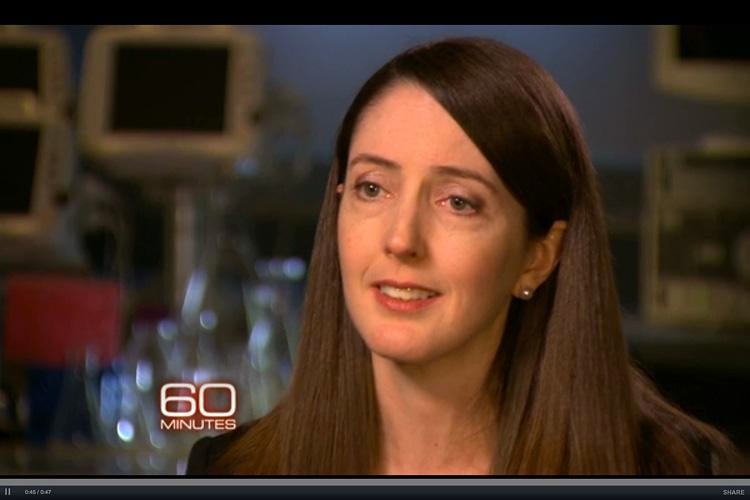Feinberg School of Medicine Prof. Dr. Melina Kibbe was featured on “60 Minutes” on Sunday for her research demonstrating the effects of different drug dosages on males and females.
Kibbe, a member of the Women’s Health Research Institute and a surgeon at Northwestern Memorial Hospital, was interviewed by “60 Minutes” correspondent Lesley Stahl.
“It’s really appalling at how few studies there are that have both sexes,” Kibbe said.
Before beginning her research five years ago, Kibbe said, she had only been testing on male rats, which are commonly used as a control group. Teresa Woodruff, vice chair of research in the Department of OB-GYN, suggested to Kibbe she begin testing on female rats, which prompted Kibbe’s current findings.
The WHRI awarded Kibbe a grant to complete the study. Results showed male and female rats reacted to drugs differently. The study proved females metabolize drugs in different ways than males and should therefore be given varying drug dosages.
“By the two of these women coming together, with Dr. Woodruff being an advocate for women’s health, what we do is advocate for more sex and gender research at a university and clinical level,” said Sharon Green, executive director of the institute.
Kibbe published her first study on the research in 2011. Since the interview aired on “60 Minutes,” she said she has acquired more feedback on the study due to the show’s national audience.
“When you publish your research, I can’t say you get the same amount of reaction as a national show,” Kibbe said. “’60 Minutes’ put this on a national platform.”
The show filmed Kibbe and Woodruff over a two-day period. Kibbe called the experience “fabulous,” saying the segment brought up many important questions about her research.
Ambien, a sleep drug, is currently the only drug on the market that the Food and Drug Administration recommends different dosages for based on sex, according to the “60 Minutes” segment.
Kibbe said she specializes in the vascular system and is planning to take her research to the clinical arena. In addition to sex-based dosing, she said she believes more research is needed in age-based and weight-based dosing.
“I hope that I can get the therapy into the clinical arena and have a positive impact on patients,” Kibbe said.
Email: [email protected]
Twitter: @rosaliech1













